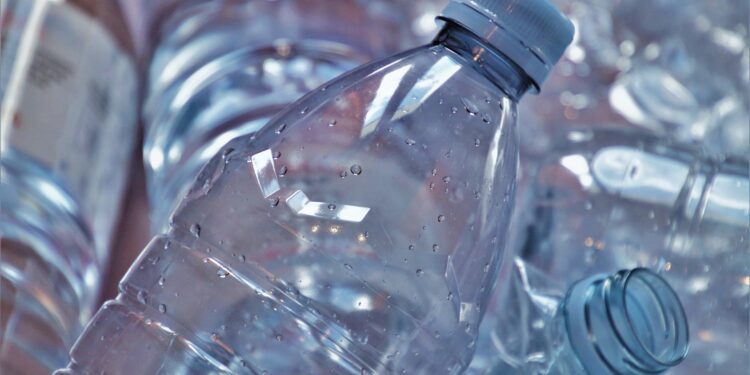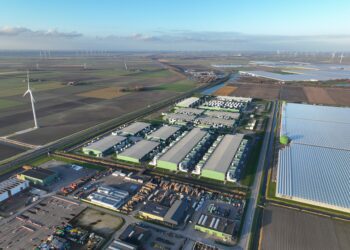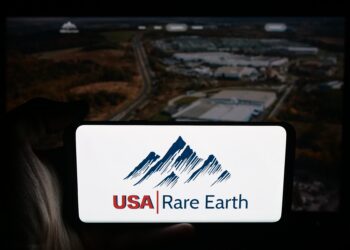Plastic producers have pushed “advanced recycling” as a salve to the plastic waste crisis despite knowing for years that it is not a technically or economically feasible solution, a new report argues.
Advanced recycling, also known as chemical recycling, refers to a variety of processes used to break plastics into their constituent molecules. The industry has increasingly promoted these technologies, as public concern about the environmental and health effects of plastic pollution has grown. Yet the rollout of these technologies has been plagued by problems, according to a new analysis from the Center for Climate Integrity (CCI), a fossil-fuel accountability advocacy group.
“The companies make it sound like it’s pretty great, like it’s something we should pursue,” said Davis Allen, investigative researcher at the CCI and author of the report. “But they know the problems, the limitations.”
Plastic producers have pushed “advanced recycling” as a salve to the plastic waste crisis despite knowing for years that it is not a technically or economically feasible solution, a new report argues.
Advanced recycling, also known as chemical recycling, refers to a variety of processes used to break plastics into their constituent molecules. The industry has increasingly promoted these technologies, as public concern about the environmental and health effects of plastic pollution has grown. Yet the rollout of these technologies has been plagued by problems, according to a new analysis from the Center for Climate Integrity (CCI), a fossil-fuel accountability advocacy group.
“The companies make it sound like it’s pretty great, like it’s something we should pursue,” said Davis Allen, investigative researcher at the CCI and author of the report. “But they know the problems, the limitations.”
In response to a request for comment about the research, Shell spokesperson Natalie Gunnell said: “Shell supports advancing circularity of plastics globally. We encourage reduction, reuse and recycling of plastics and are working across the plastics value chain to expand the development of waste handling and recycling technologies for greater circularity.”
“The concerns of industry critics are, in many cases, justified,” one industry consultant explained at a 2023 conference sponsored by the American Chemistry Council trade group, the report notes.
It is possible that the new research could inspire additional litigation, but its main purpose is to inform the public, said Allen.
“The information ecosystem around advanced recycling is totally dominated by the industry itself,” Allen said. “Our hope is that our work gives people the tools they need to break down and assess the industry’s claims.”












